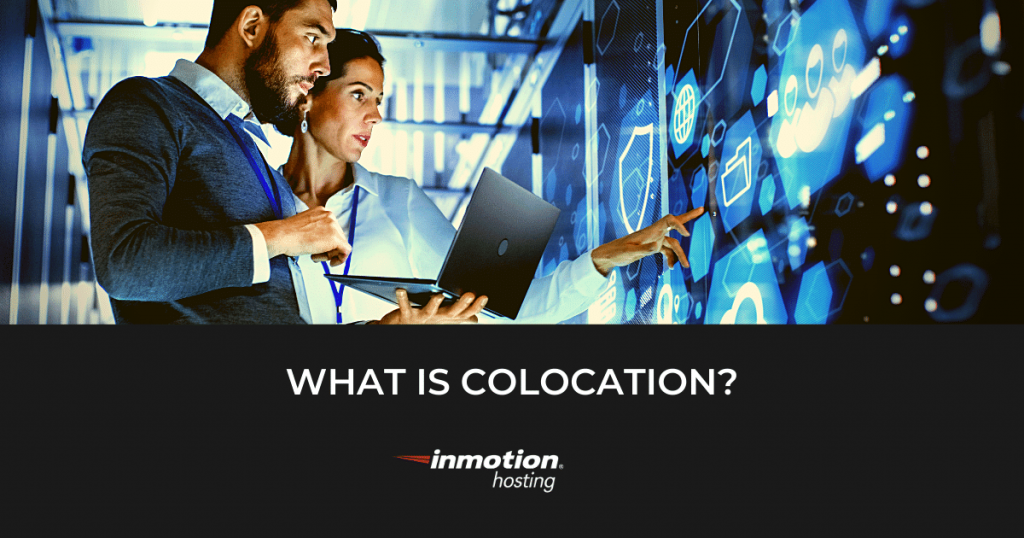
You’re likely hearing a dizzying variety of new terminology flying around from “infrastructure as a service” to “hybrid cloud” and many more. It’s really quite simple to understand what colocation is without the cloud-related buzzwords. Yet, colocation and cloud are not unrelated concepts. This article will help you clear up the differences between these concepts and what they can mean for your business.
Data Center Facility
Colocation basically means getting your own space in a data center. For many organizations without the available infrastructure, a data center provides physical security, HVAC, networking and electrical resources. The whole environment is optimized to be most suitable for your hardware.
But now, you don’t need to haul over your own hardware. Bundled colocation and private cloud software now lets you easily access computing resources or requisition new hardware as needed.
Colocation and Private Cloud — What’s The Difference?
Private cloud gives you virtualization resources and colocation in one package. You can create routers, networks, security groups and launch compute instances virtually for a fraction of the cost of public cloud providers like AWS, Google Cloud, and Microsoft Azure. If you need additional hardware, you can request it from your service provider — also, usually, with a saner sticker price. You won’t need to dispatch IT people to the data center to install your hardware; you can have it on demand.
Your own private cloud means effortless redundancy on your network and virtually endless computational resources at your fingertips.
Data Center Perks
For most businesses, retail colocation offers tantalizing perks over an in-house network. If you’re not convinced that colocation beats a server closet in your own building, here a few points you could consider:
- Location is everything: Data centers are strategically located in optimal locations to handle the unexpected—weather, natural disasters, etc. Even if World War III should break out tomorrow, there’s a good chance your data center will be unaffected. Likewise, you could choose data centers by location to make sure your data is the best place for your apps.
- Top notch infrastructure: Even with a solid plan, there are likely unexpected elements that could affect your operation. Data centers make it their business to have every undesirable outcome mitigated with backup resources and disaster plans.
- Effortless expansion: Instead of allocating your IT resources to hauling equipment in and out of a building, you can provision new hardware right from your private cloud provider’s control panel.
These benefits give you freedom and peace of mind to focus your efforts on business strategy and development.